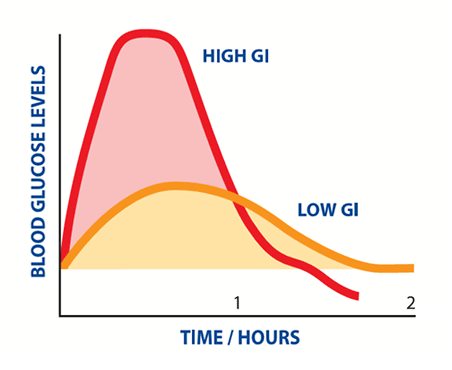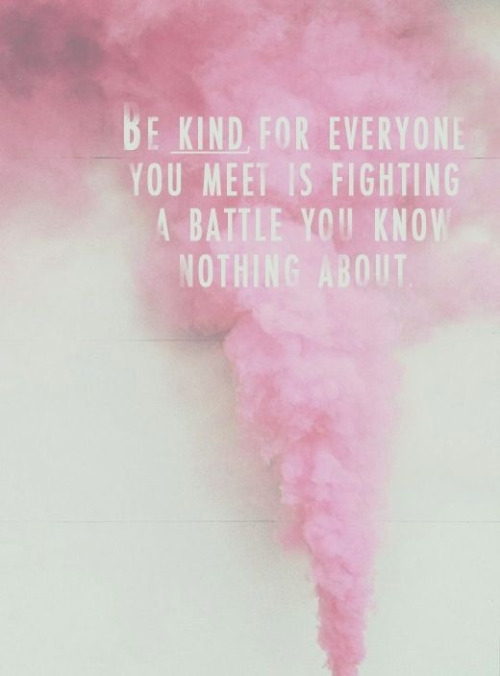بسم الله الرحمن الرحيم
Why Does Raw Honey Crystallise, Set Or Become Solid

Why does my honey have sugar in it? Has it gone bad? Why has my honey separated into solid and liquid layers?
These are some of the questions that we are commonly asked by customers trying raw honey for the first time.
You can’t blame them. Think of the last time you went to the “honey” aisle in a supermarket. Didn’t the “honey” look like a clear, thick, runny liquid? Not a single crystal in sight?
We say “honey” because supermarkets do not sell honey, they sell a processed sugary syrup that looks and tastes like honey… but it is not honey.
Why does raw honey crystallise?

Raw honey, which is honey that has not been heat-treated or filtered, is basically a solution high in natural sugars. The two main natural sugars in raw honey are fructose and glucose.
The ratio of fructose to glucose varies from honey to honey. Since honey is a natural product, honey from the same hive might have more fructose and less glucose one year and then the next year it might have less fructose and more glucose.
The balance of fructose and glucose in raw honey determines the speed and type of crystallisation of honey.
Glucose, which occurs naturally in raw honey, is what crystallises because it is less soluble than fructose. Fructose is more soluble than glucose so it remains fluid.
Honeys with a higher fructose content crystallise slower than honeys with a low fructose content.
Why do some raw honeys separate into two layers?

Some honeys form fine crystals that swim around in the liquid honey. Other honeys form heavier, denser crystals which sink to the bottom separating the honey into two layers.
Honey with a high pollen content crystallises quicker, forming dense crystals. This is because as the natural glucose in the honey begins to crystallise it latches onto the pollen and begins to clump around it.
These honeys tend to be set or solid at room temperature.
So speedy crystallisation is sometimes proof that the honey is raw and unprocessed.
Why does supermarket “honey” stay runny for a long time?
Supermarket “honey” is not honey. It is a solution that was once honey but has been heat-treated and filtered to extract the glucose out of the honey. The fructose remains, which is highly soluble, and thus more likely to remain liquid.
Sometimes supermarket “honey” crystallises because remnants of glucose in the “honey” begin to crystallise.
Does crystallisation mean the honey has gone bad?

Crystallisation does not affect raw honey one bit except changing its colour and texture. All the beneficial nutrients and enzymes in the raw honey remain after crystallisation.
In fact, crystallisation actually preserves the taste of the honey and makes it easier to use. The crystals release different flavours as they melt in the mouth and it is easier to spread on toast or to eat straight from the spoon.
Does crystallisation mean that sugar has been added to the honey?
This is a question we are frequently asked. As explained above, honey is a solution of natural sugars. Quite why someone would want to add more sugar to something that is already sweet is something we have yet to understand!

How can I transform crystallised honey into runny honey?
Simply put the jar of raw honey into a container of hot water for a few minutes until the honey warms up and the crystals dissolve.
However, take care to ensure that the temperature of the honey does not exceed 37C (body temperature) otherwise you will start to kill off the beneficial living nutrients in the honey.
So next time you see a jar of raw honey that has begun to crystallise, or separate into two layers, treat it as a gift and take it as proof that it is in fact raw, unprocessed honey.
And if you are still not convinced that crystallised raw honey tastes better than the completely runny version, try our Raw Organic Rainforest Honey from Brazil. It has delicious crystals that release different flavours as they melt in your mouth!
latinhoneyshop.com: single origin gourmet honey from the exotic parts of Latin America
Seven Reasons Why Raw Honey Is Good For You

Most people know that raw honey is good for you in some way but they don’t really know how or why.
Here are seven quick reasons why raw honey is good for you.
Remember that raw honey is different to supermarket “honey”. Supermarket “honey” is not really honey because it has been heat-treated and filtered, leaving it with hardly any goodness.
1. Raw honey has a low glycaemic index (GI)
The glycaemic index is a ranking of carbohydrate foods according to how they affect blood glucose levels.

High GI foods spike the blood glucose level quickly in a process that triggers the body into storing more fat. Examples of high GI foods are potatoes, white rice, white bread, processed (white) sugar, white pasta.
Low GI foods provide a steady stream of glucose into the bloodstream, which allows the body to use this energy efficiently without storing it as fat. Low GI foods include porridge, lentils, beans, wholegrain foods and honey.
2. Raw honey contains enzymes that help to digest food
Raw honey contains enzymes, natural substances that break down food so it can be better absorbed by the body.

Some of the enzymes naturally occuring in raw honey include diastate, invertase, glucose oxidase, peptidase and others.
3. Raw honey destroys harmful bacteria in the body
Raw honey contains hydrogen peroxide, which destroys harmful bacteria upon contact.
4. Raw honey contains probiotics that enhance digestion

Raw honey contains probiotics, living bacteria that are beneficial to the body. When raw honey enters the body it floods the digestive system with probiotics that enhance digestion and reduce flatulence and constipation.
5. Raw honey contains vitamins and minerals
Raw honey contains an impressive array of vitamins and minerals that the body needs to function efficiently. Unlike vitamin supplements, these occur naturally in raw honey.
6. Raw honey contains antioxidants
The body contains toxins known as free radicals that go around the body attacking cells and living tissue, causing damage and aging. Antioxidants are substances that destroy free radicals so they can no longer harm the body.

Raw honey contains a very high number of antioxidants that get to work immediately upon entering the body. Other high antioxidant containing foods include blueberries, pomegranates and broccoli.
7. Raw honey does not spoil
Bad bacteria that causes food to spoil cannot survive in raw honey. The acidity, lack of water and hydrogen peroxide naturally present in raw honey does not allow bad bacteria to go off, even after thousands of years.
In 2015, Egyptian archaeologists excavating the pyramids found sealed pots of wine, olive oil and honey. According to ancient Egyptian beliefs, these items were placed there over 3000 years ago to nourish the souls of the dead in the after-life.
The wine had gone off, the olive oil had gone but… the honey was as good as if it were harvested yesterday!

Latin Honey Shop – single origin raw gourmet honey from the exotic parts of Latin America
 “We hope in Allah Most High, to whom be Praise. Who leads the hearts of Muslims to calm what torments them and ruins their prosperity. Where is the sense of honor of the Muslims? The pride of the Believers? The zeal of the Faithful? We shall never cease to be amazed at how the disbelievers for their part have shown trusts, and it is the Muslims who have been lacking in zeal. Not one of them has responded to the call. Not one intervenes to straighten what is distorted; but observe how far the Franks have gone. What unity they have achieved. What aims they pursue. What help they have given. What sums of money they have borrowed and spent. What wealth they have collected and distributed and divided amongst them. There is not a king left in their lands or islands, not a lord or a rich man who has not competed with his neighbors to produce more support and rival his peers in strenuous military efforts. In defense of their religion they consider it a small thing to spend life and soul; and they have kept their infidel brothers supplied with arms and champions of war; and all they have done and all their generosity has been done purely out of zeal for him they worship in jealous defense of their faith.
“We hope in Allah Most High, to whom be Praise. Who leads the hearts of Muslims to calm what torments them and ruins their prosperity. Where is the sense of honor of the Muslims? The pride of the Believers? The zeal of the Faithful? We shall never cease to be amazed at how the disbelievers for their part have shown trusts, and it is the Muslims who have been lacking in zeal. Not one of them has responded to the call. Not one intervenes to straighten what is distorted; but observe how far the Franks have gone. What unity they have achieved. What aims they pursue. What help they have given. What sums of money they have borrowed and spent. What wealth they have collected and distributed and divided amongst them. There is not a king left in their lands or islands, not a lord or a rich man who has not competed with his neighbors to produce more support and rival his peers in strenuous military efforts. In defense of their religion they consider it a small thing to spend life and soul; and they have kept their infidel brothers supplied with arms and champions of war; and all they have done and all their generosity has been done purely out of zeal for him they worship in jealous defense of their faith.










